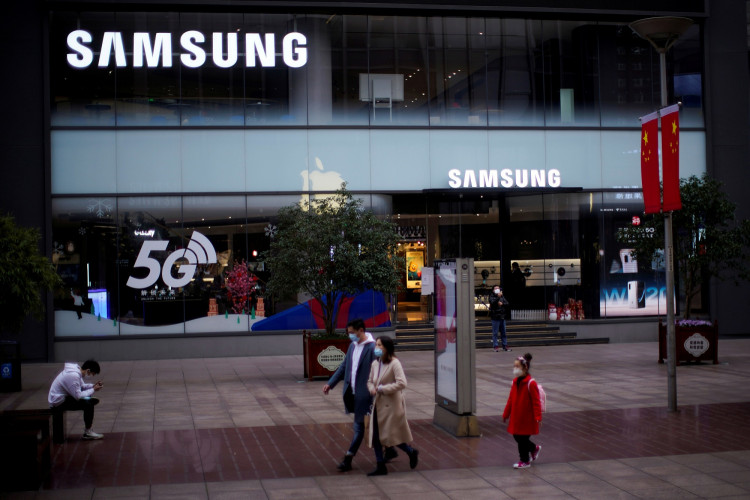South Korean tech giant Samsung Electronics managed to report an increase in profit growth for its first quarter this year despite the global economic slump caused by the coronavirus pandemic. The company stated that its strong chip sales managed to lift its earnings for the quarter, offsetting losses incurred due to the slump in the TV and smartphone industry.
For its first-quarter ending in March, Samsung reported an operating profit of 6.4 trillion won or roughly $5.2 billion. This was a marginal increase from the 6.2 trillion won it had reported over the same period last year and slightly higher than initial analysts' estimates. Revenues for the quarter also increased to 55 trillion won, a 5 percent increase when compared to revenues reported for the same period last year.
Samsung, the first major tech company to report its first-quarter earnings this year, attributed its performance to its solid chip sales for the period. Based on its performance in 2019, the company does generate more than 50 percent of its sales from its memory chip business. Its smartphone and TV business were affected by the economic crisis caused by the coronavirus pandemic, but its memory chip business did manage to cushion the blow.
The company had warned last month that it expects that the pandemic would hurt sales of its consumer electronics and smartphones this year. It added that it would be relying on its memory chip business and the increasing demand from data centers to help it quickly recover after the crisis ends.
According to sources familiar with Samsung's operations, the company is expecting a bigger hit from the pandemic in the coming quarters. Its first-quarter earnings are reportedly well below its internal forecasts and it expects much of the same situation during the second quarter.
Analysts at Meritz Securities pointed out that Samsung will be facing stiffer challenges in the coming quarter as its major markets start to feel the effects of the pandemic. While China may be starting to recover from the outbreak, the United States and Europe are still in the middle of trying to place the outbreak under control.
Both the US and Europe are major markets for Samsung, for its memory chips and its consumer electronic products. It is not yet clear if the demand for its memory chips, which have increased over the past months, will be able to offset the expected decrease in demand for its other products in the coming quarters.
As more people start to spend more time at home, either working or taking classes, demand from data centers to support increased internet usage has surged. This has caused a slight bump in memory chip prices, which have increased by 3.5 percent since January.





